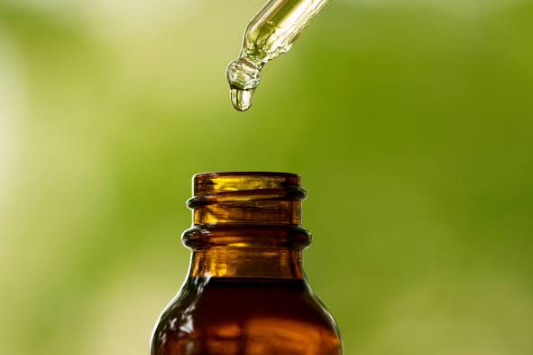Few ingredients spark as much debate in the hair care world as mineral oil.
Found in everything from conditioners to hair greases, this petroleum-derived ingredient has been both praised and vilified. Some swear by its ability to lock in moisture, while others dismiss it as harmful or “cheap.”
So, what’s the truth about mineral oil, and should it have a place in your routine?
The case against mineral oil
Mineral oil has long been criticized for being a byproduct of petroleum, raising concerns about safety and quality. Many natural hair enthusiasts argue that it merely “coats” the hair without delivering real nourishment. Because it forms a barrier on the strand, it can prevent water from entering, making hair feel dry over time if not balanced with hydrating products. There are also claims that it clogs pores when applied to the scalp, though research shows refined cosmetic-grade mineral oil is non-comedogenic.
The benefits mineral oil provides
On the flip side, mineral oil has undeniable benefits, particularly for moisture retention. Its barrier-forming properties are actually what make it effective at sealing hydration into hair strands. For people with coarse, dry, or relaxed hair, mineral oil can help reduce breakage by minimizing water loss. Studies have shown it to be less effective at penetrating the hair shaft compared to oils like coconut, but it excels at protecting the surface, keeping strands smoother and more manageable.
The middle ground
The truth lies somewhere between the extremes. Mineral oil isn’t inherently “bad,” but it also isn’t a miracle ingredient. Its effectiveness largely depends on your hair type and how you use it. Those with fine hair may find it too heavy, while thicker or textured hair types may appreciate its sealing ability. To avoid dryness, pair mineral oil with humectants like glycerin or aloe vera, which draw moisture into the hair before it’s sealed in.
Conclusion
Mineral oil isn’t the enemy of healthy hair. When used strategically, especially in combination with hydrating products, it can be a helpful tool for reducing dryness and breakage. Like most ingredients, it’s about balance and understanding what your hair actually needs.





